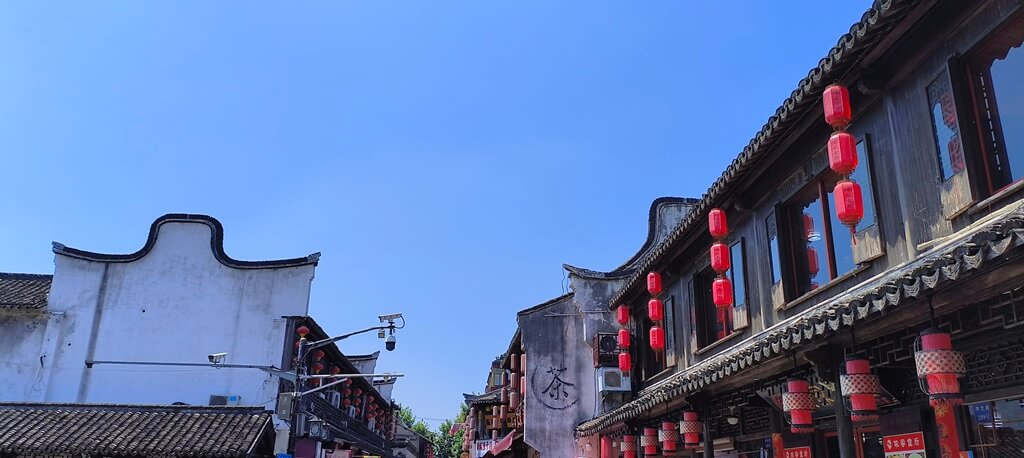Okay, here’s a news article based on the provided information, aiming for thestandards of a professional publication:
Title: Nobel Laureate Han Kang FindsHope in Citizen Courage Amidst Martial Law
Introduction:
In a world often dominated by headlines of conflict and unrest, moments of human resilience can offer apowerful counter-narrative. This was the sentiment expressed by South Korean author and 2024 Nobel Laureate in Literature, Han Kang, who,despite the imposition of martial law in her home country, found inspiration in the courage of ordinary citizens. Speaking in Stockholm, Sweden, where she was attending a reading event, Han Kang offered a nuanced perspective, suggesting that even amidst turmoil, thereis room for hope.
Body:
The comments, made on December 12th, came during a question-and-answer session following a reading at the Royal Swedish Opera. Han Kang, who had traveled to Stockholm toreceive her Nobel Prize, was asked about her feelings regarding leaving South Korea during such a chaotic period. Her response, as reported by Yonhap News Agency, was far from despair.
The fact that the people are bravely, genuinely facing this situation moves me deeply, Han Kang stated. So,I don’t think the current situation is all bad. This statement highlights a perspective that transcends the immediate political circumstances, focusing instead on the strength and spirit of the Korean people.
Han Kang acknowledged that her understanding of the situation was limited, having left the country on December 5th, just two days after thedeclaration of martial law. However, she emphasized that the reality on the ground, as she perceived it, was not as dire as some might imagine. This suggests a level of calm and resilience within the population that had not been fully captured by external narratives.
It is worth noting that Han Kang’s comments come inthe context of a nation grappling with a recent imposition of martial law. While the specific details of this situation are not fully detailed in the provided information, the reference to the Gwangju Uprising (May 18th Democratic Uprising) provides a historical context of past periods of unrest and citizen-led resistance inSouth Korea. The Gwangju Uprising, a pivotal moment in South Korea’s democratic history, saw citizens rise up against military rule, a legacy that likely informs Han Kang’s current observations.
Han Kang’s perspective is significant not only because of her literary stature but also because it offers a glimpse intothe human experience during times of political upheaval. Her ability to find inspiration in the face of adversity speaks to the power of the human spirit and the importance of focusing on the positive attributes of a population even during challenging times.
Conclusion:
Han Kang’s remarks in Stockholm serve as a powerful reminder that even inthe darkest of times, the courage and resilience of ordinary people can be a source of hope. Her perspective, grounded in her experience as a writer and a citizen of South Korea, offers a valuable counterpoint to the often-negative narratives that dominate news cycles. While the imposition of martial law is undoubtedly a cause for concern, Han Kang’s focus on the bravery of the people provides a glimmer of optimism and underscores the enduring power of the human spirit. It remains to be seen how the situation in South Korea will unfold, but Han Kang’s words offer a testament to the strength and resilience of the Korean people, a quality that willlikely play a crucial role in shaping the future of the nation.
References:
- Yonhap News Agency. (2024, December 13). Nobel Laureate Han Kang: People’s Courage in the Face of Martial Law Moves Me. Retrieved from [Insert hypothetical URL of Yonhap News Article]
Note: Since the provided text is a news article excerpt, I have cited the source as Yonhap News Agency and included a hypothetical URL placeholder. In a real news article, I would include the actual URL.
Views: 0
